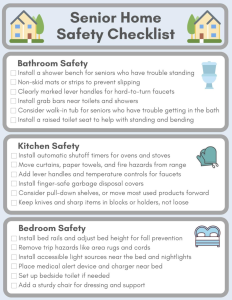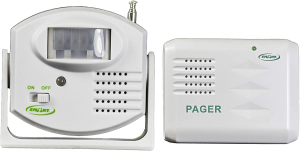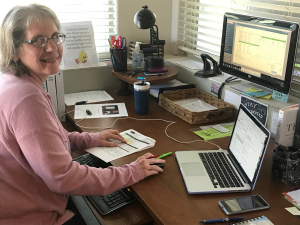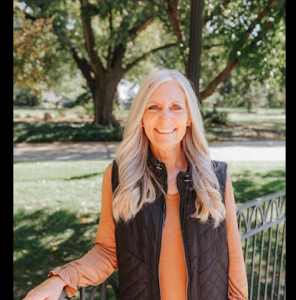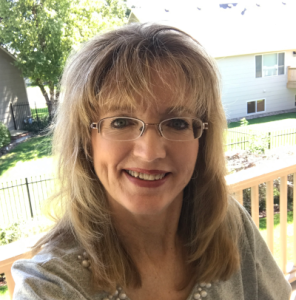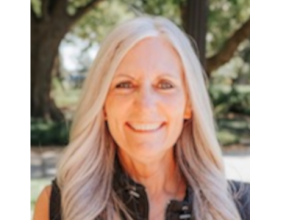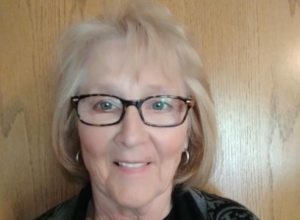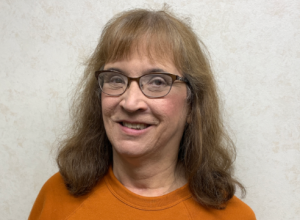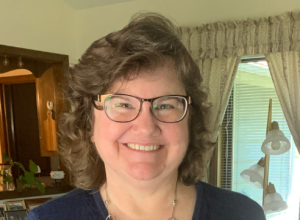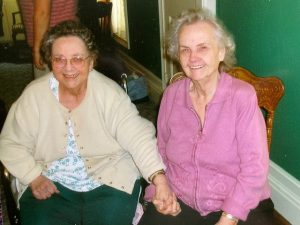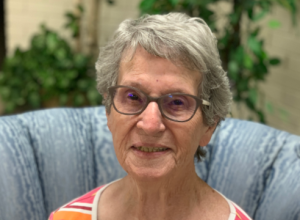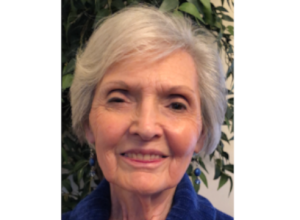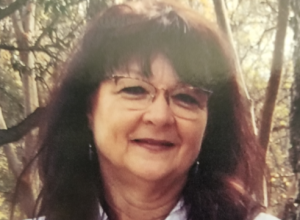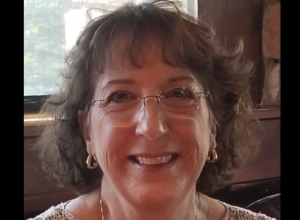Senior Home Safety Checklist
Home Safety for Seniors with Dementia
Seniors with mild cognitive impairment may be able to age at home, but those who have begun to wander or have experienced significant memory loss should be supervised at all times. If you’re caring for a senior loved one with dementia in your own home, take these extra safety precautions:
- Use appliances with auto-shutoff features, or install hidden gas valves and circuit breakers, so that ovens, fire places, and stoves can’t be left on
- Put finger guards on garbage disposals or cover switches with safety locks
- Lock all drawers and cabinets containing knives, cleaning supplies, and medication, and secure garages or basements that may contain harmful chemicals or machinery
- Make sure locks installed to exterior doors are out of sight (either high or low), or use deadbolts to prevent wandering outside the house
- Remove locks from the senior’s bedroom and bathroom, so they can’t accidentally lock themselves in and start to panic.
- Install easily accessible lights and night lights throughout the home to reduce disorientation at night
- Create clear paths and open areas to encourage independence and social interaction, which are two important needs for people with dementia, according to the Alzheimer’s Association.
Here is one device KSC uses and highly recommends for motion sensors and pagers. When your loved one breaks the plane of the light, the pager will receive an alert.
Take Steps Toward Fall Prevention
Falls are the leading cause of fatal and nonfatal injuries in seniors 65 and older, according to the Centers for Disease Control and Prevention (CDC). With aging skin and decreased bone density, seniors often have difficulty recovering from falls — both physically and financially.
Take these steps to reduce fall risk:
- Remove trip hazards. Area rugs, electrical cords, and low tables and ottomans are all risks. If there’s a pet or child in the home, be sure to keep toys picked up. Install non-slip flooring, and cover all cords and wires.
- Install bathroom grab bars. Most in-home falls occur in the bathroom. Grab bars can be purchased at hardware stores and installed by handy do-it-yourselfers, plumbers, or home safety specialists.
- Provide easy seating. Make the home senior friendly by adding accessible seating, like a bench near the front door for putting on shoes. Kitchen and shower stools make it easier for seniors to perform activities of daily living, like cooking and bathing independently.
- Check thresholds. Raised flooring between rooms can be a significant trip hazard. Ask a safety expert about flattening thresholds or adding indoor ramps or handrails.
- Don’t forget outdoor spaces. Check the driveway for cracks regularly, and be sure there’s a clear path to the mailbox. Remove trip hazards like rocks and roots from the yard.
Source: https://www.aplaceformom.com/caregiver-resources/articles/home-safety-tips
Spiritual Fall Prevention
- 1 Corinthians 10:12 So, if you think you are standing firm, be careful that you don’t fall! – NIV
- 1 Corinthians 10:12 These are all warning markers—danger!—in our history books, written down so that we don’t repeat their mistakes. Our positions in the story are parallel—they at the beginning, we at the end—and we are just as capable of messing it up as they were. Don’t be so naive and self-confident. You’re not exempt. You could fall flat on your face as easily as anyone else. Forget about self-confidence; it’s useless. Cultivate God-confidence. – The Message
- 1 Corinthians 10:12 Therefore let the one who thinks he stands firm [immune to temptation, being overconfident and self-righteous], take care that he does not fall [into sin and condemnation]. The Amplified

